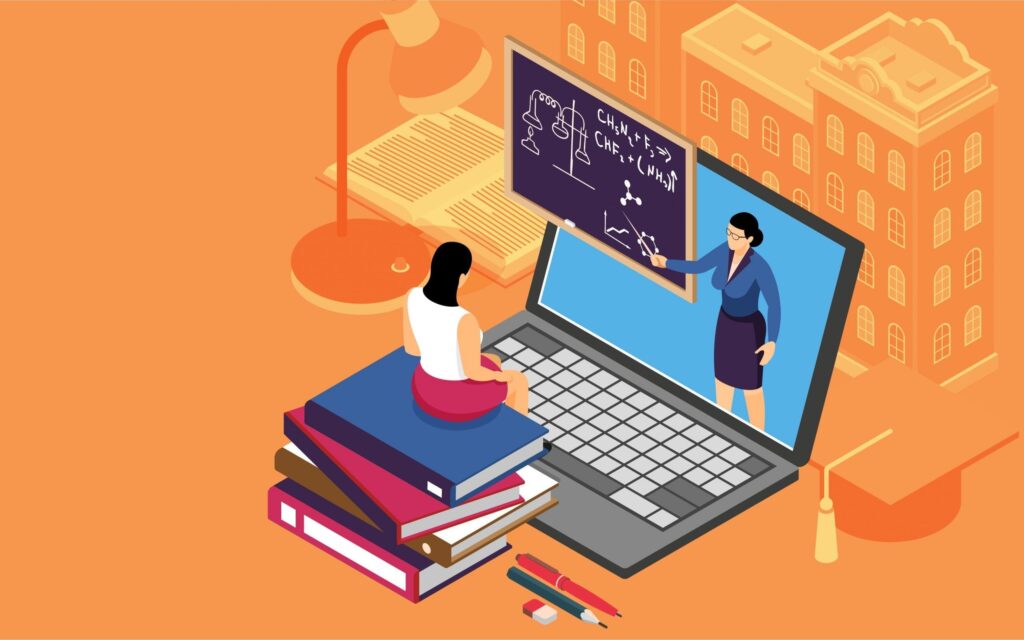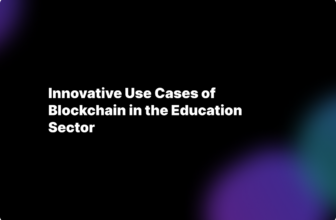
As we navigate the 21st century, the landscape of education is undergoing a seismic shift. The advent of the digital age has ushered in a new era of learning, one that is increasingly moving away from traditional classroom settings and towards online platforms. This article explores the future landscape of online education tools, a new paradigm that promises to revolutionize the way we learn.
Table of Contents
The Emergence of Online Education

Source: petersons.com
Internet learning software has been steadily gaining traction over the past few years. These tools, ranging from management systems to interactive whiteboards, have transformed the way we approach education. They have made learning more accessible, flexible, and personalized, breaking down geographical barriers and democratizing education. As TechnoTutor testimonials point out, online learning tools are very useful.
The COVID-19 pandemic has further accelerated this trend, with schools and universities worldwide turning to online platforms to continue education amidst lockdowns. As a result, the demand for online educational tools has skyrocketed, paving the way for a new era.
The Future Landscape: AI and Personalized Options

Source: leverageedu.com
Artificial Intelligence (AI) is set to play a pivotal role in the future landscape of web-based learning. AI has the potential to personalize experiences, adapt to individual learning styles, and provide real-time feedback, making it more effective and engaging.
AI-powered tools can analyze a student’s performance and learning patterns, tailoring content and pacing to their unique needs. This level of personalization was previously unattainable in traditional classroom settings and marks a significant shift in the way we approach education.
The Role of Virtual Reality and Augmented Reality

Source: 21kschool.com
Virtual Reality (VR) and Augmented Reality (AR) are also poised to reshape the future landscape of online education tools. These technologies can create immersive, interactive environments, bringing abstract concepts to life and making it more engaging and fun.
Imagine a biology student exploring the human body in 3D or a history student walking through ancient civilizations. The possibilities are endless, and the impact on learning outcomes could be profound.
The Challenges Ahead

Source: understood.org
While the future of web-based educational software looks promising, it is not without challenges. Issues such as the digital divide, data privacy, and the need for digital literacy need to be addressed to ensure equitable access and safe use.
The effectiveness of online learning tools is heavily dependent on the quality of the content and the pedagogical approaches employed. Therefore, educators and developers must work together to create meaningful and engaging learning experiences.
Final Thoughts

Source: news.cgtn.com
The future landscape of online education tools is a new paradigm that holds immense potential. With advancements in AI, VR, and AR, we are on the brink of a revolution in education. However, it is crucial to navigate the challenges ahead and ensure that they are used effectively and responsibly.
As we move forward, the focus should not just be on integrating technology into education but on leveraging it to enhance learning and teaching. The future of education is not just about the tools we use but how we use them to foster a culture of lifelong learning.







